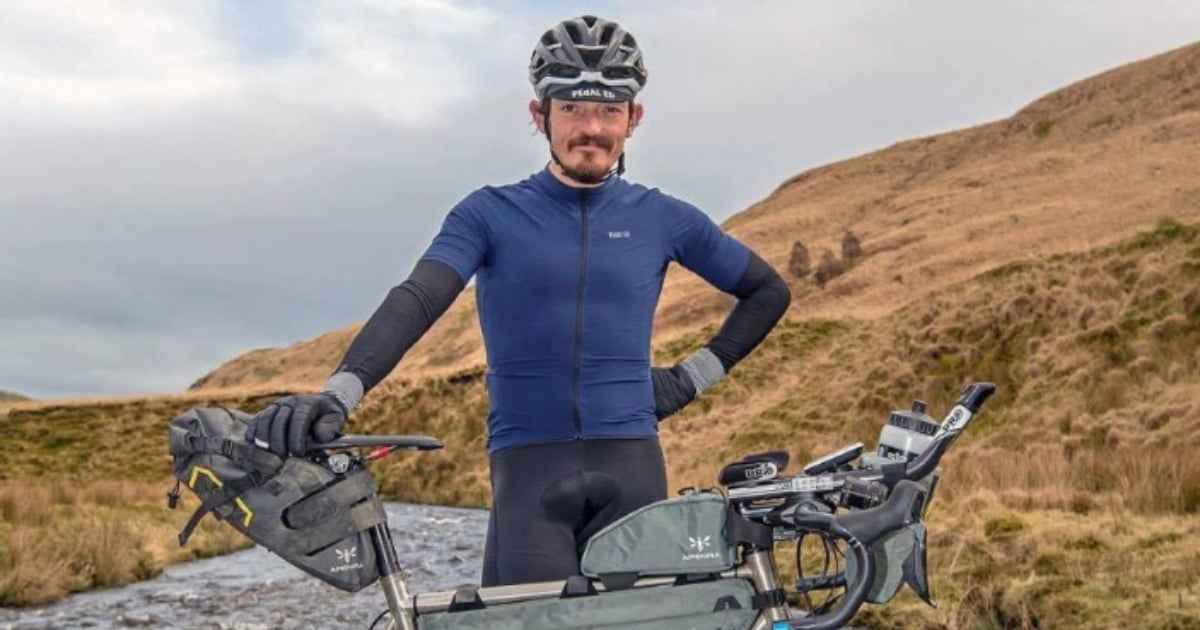
By Jake Evans.
When cyclist Mike Hall died last week on the final stretch of a 5,500-kilometre endurance cycling race, hundreds of people watched it happen via a dot on a map.
The Indian Pacific Wheel Race (IPWR) began in Fremantle 13 days earlier and was about to end in Sydney as the leader, Kristof Allegaert, closed in on the Opera House finishing line.
Hall was in second place and had left Cooma in NSW just before dawn.
But as he rode along the Monaro Highway just inside the ACT border, Hall was struck by a car and killed.
That smile. Ride in Peace Mike Hall. RIP pic.twitter.com/TlFyTG3i4d
— Sean Conway (@Conway_Sean) 31 March 2017
